New Delhi, Oct 21 (V7N) — WhatsApp, one of the world’s most popular messaging platforms, has banned over 8.4 million accounts in India within a single month. Meta, the parent company of WhatsApp, revealed that these accounts were banned as part of efforts to prevent scams and ensure the security of its users.
According to a transparency report released by the company, a total of 8,458,000 accounts were banned between August 1 and August 31, 2024. Of these, 1.66 million accounts were immediately blocked based on serious violations, while others were suspended following verification. The company noted that over 1.6 million accounts were proactively banned, even in the absence of specific user complaints, after identifying suspicious behaviour during regular monitoring.
The report stated that the actions were taken under Sections 4(1)(d) and 3A(7) of the IT Act, with WhatsApp ramping up surveillance due to repeated user complaints regarding fraudulent activities on the platform.
Reasons for the Ban
1. Excessive Messaging or Rumours: Accounts sending mass one-on-one messages or spreading false information were flagged and banned.
2. Violation of Laws and Suspicious Activities: Users found engaging in unlawful activities on WhatsApp faced immediate bans.
3. User Complaints: If users report others for scams or abuse, WhatsApp investigates and bans the accounts if found guilty.
In August alone, 10,707 complaints were submitted to WhatsApp by users, resulting in 93 cases of strict action. The company continues to evaluate complaints submitted through email or other channels, focusing on issues like fraudulent activity, abuse, and suspicious account usage.
Meta emphasized that these bans are part of its ongoing efforts to enhance platform security and maintain a safe environment for users. The company warned that those who misuse the platform for fraudulent purposes or violate local laws will face account suspensions without delay.
This large-scale action reflects the growing challenges in moderating platforms like WhatsApp, especially in regions where such services are widely used for both personal and business communication.
END/RH/AJ



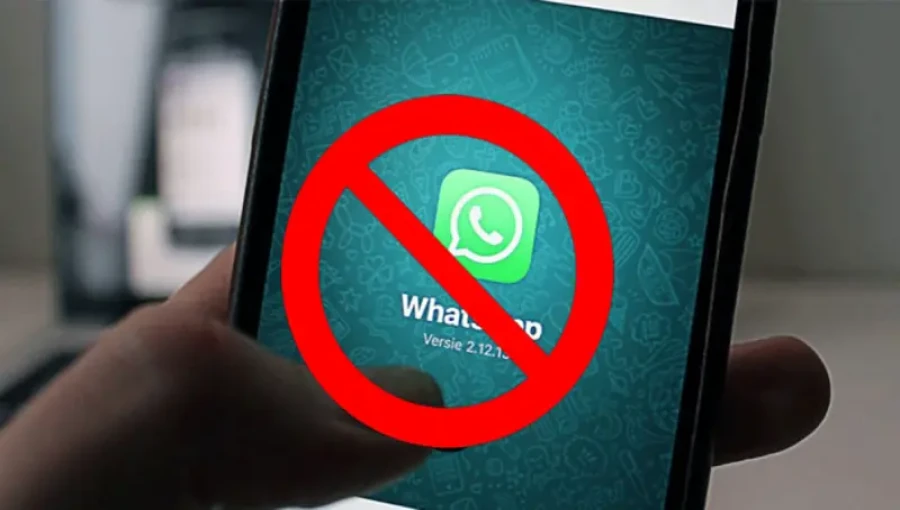



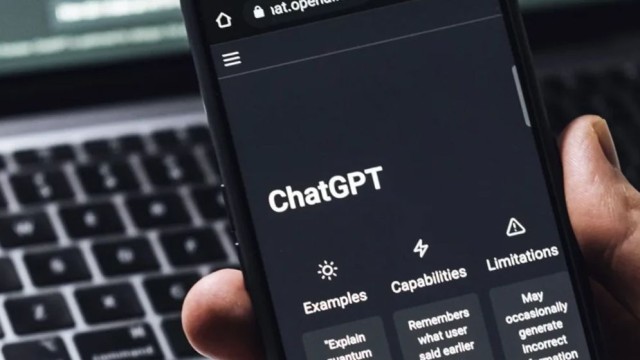





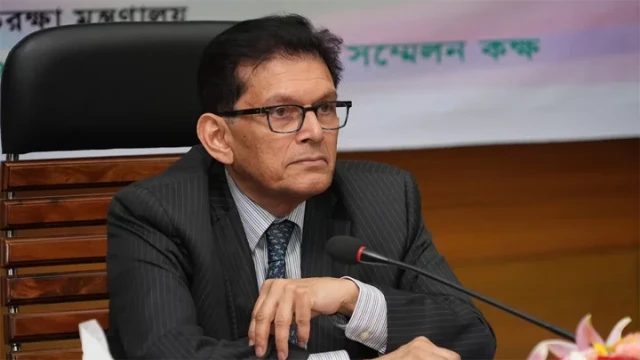

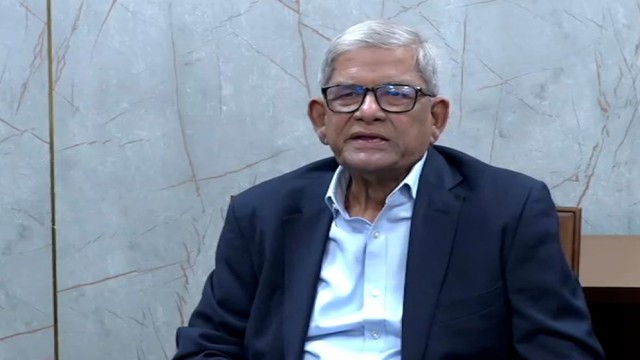

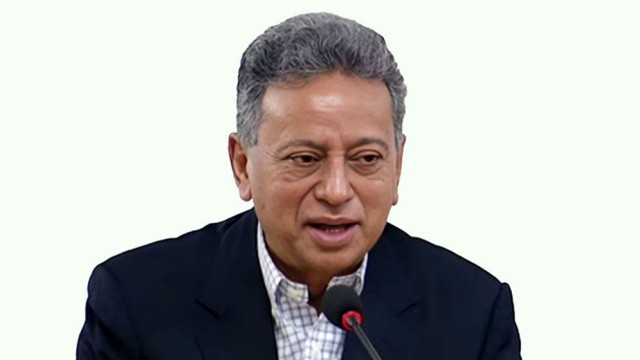
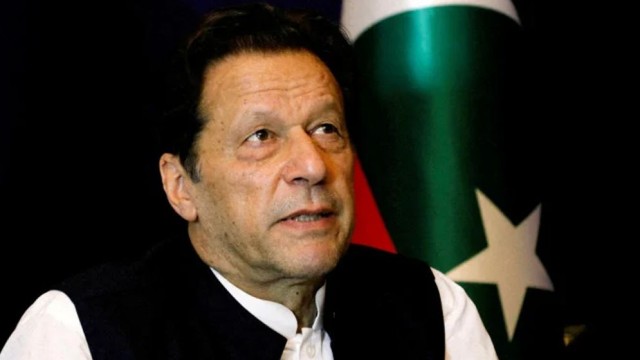












Comment: